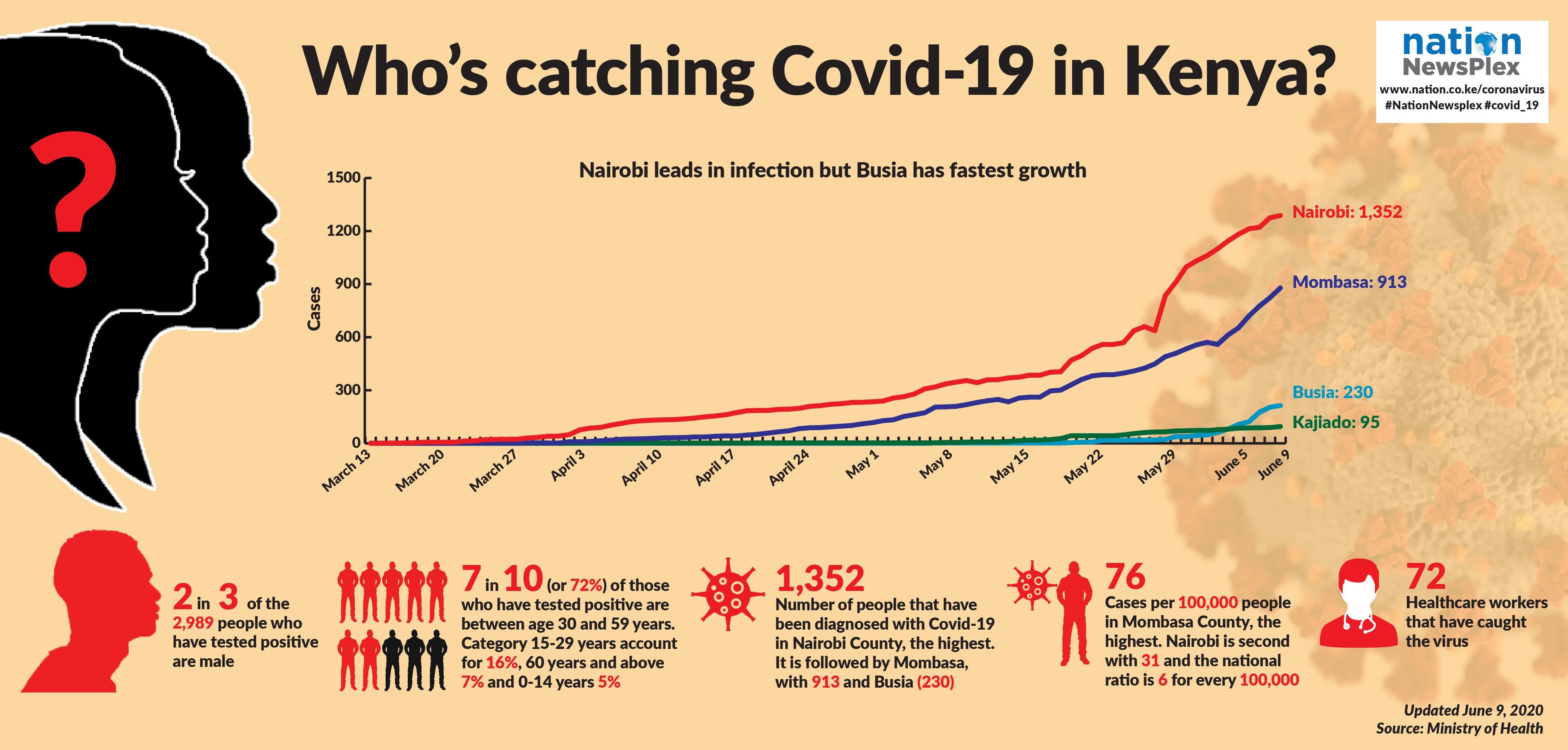Fact-checking Uhuru Kenyatta’s 2019 State of the Nation address

President Uhuru Kenyatta’s statement:
''Our broad-based economic growth averaged 5.6 percent over the last 5 years, out-performing the average global growth. In 2018, provisional estimates show the economy grew by 6.1 percent.''
If President Kenyatta is using Gross Domestic Product as the measure of ''broad-based economic growth'', Kenya’s economy expanded by 4.9 per cent in 2017, which was a slower rate than the revised growth of 5.9 per cent in 2016, according to the 2018 Economic Survey. In 2015, the growth was 5.7 percent, 2014 (5.4 percent), and 2013 (5.9).
Data from the Kenya National Bureau of Statistics for the first three quarters of 2018 indicates that real GDP growth was at pace to achieve a growth of around 6 percent.
It follows that Kenya’s GDP grew by 5.6 percent annually in the past five years and it indeed outpaced global average economic growth.
If we limit economic growth to GDP, the President’s statement is true.
But while GDP is considered the broadest indicator of economic output and growth, economists and development experts say it can be misleading because of its limitations.
Economists point out that GDP was not meant to be an anchor metric for targeting national economic performance or a measure of national well-being. For well-being, for instance, there are alternative measures, including the Human Development Index (HDI), a summary gauge for assessing long-term progress in three basic dimensions of human development: a long and healthy life, access to knowledge and a decent standard of living.
Kenya’s HDI value for 2017 was 0.590 — which put the country in the medium human development category — positioning it at number 142 of 189 countries. Between 1990 and 2017, the country’s HDI value increased from 0.468 to 0.590, a 26 percent rise, says the United Nations Development Programme.
South Africa, Africa’s second-largest economy, performed much better than Kenya with an HDI value of 0.699 in 2017— which put the country in the medium human development category — positioning it at 113 out of 189 countries.
Devolution
President Uhuru Kenyatta’s statement:
''Devolution remains one of the novelties of our new constitutional Order. Since April 2013, more than 1.7 trillion shillings have been transferred to the Counties. Devolution has received the full and firm support of my Administration.''
Figures from the Office of Controller of Budget’s annual reports show that the counties were expected to receive Sh1.8 trillion from the fiscal year 2013/2014 to the financial year 2018/2019. But as at December 2018, they had received about Sh1.7 trillion as the President said.
But the national government’s support for counties has been far ''full and firm''. The Controller of Budgets reports for all the five financial years since Jubilee came to power reveal that late disbursement of funds to counties in line with the County Allocation of Revenue Act disbursement schedule has been a perennial problem, leading to delays in payment of salaries, procurement of goods and services and implementation of development projects. For example, in the 2016/2017 financial year when the national share of revenue to county governments was Sh300 billion, the Treasury remitted Sh25.8 billion on June 30, 2017, the last day in the financial year.
Additionally, in the 2016/2017 financial year, the Office of the Controller of Budget noted that intermittent use of the Integrated Financial Management Information System (IFMIS), which enhances fiscal transparency, and accountability and improves efficiency in public financial management, and manual systems have also frustrated financial operations in counties. The report observed that most counties experienced IFMIS connectivity challenges, which affected approval of procurement requests and payments and led to delayed financial reporting by county treasuries.






